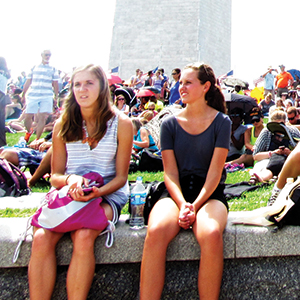Tensions have opened up between the Catholic Church and the Government of Paraguay, following a “guilty” verdict delivered on 11 July in the case of 11 peasants tried for the killing of 17 people in the case of “the massacre of Curuguaty”. After the defendants were sentenced from four to 30 years each, demonstrations took place in the capital Asuncion.
Six policemen and 11 peasants were shot dead on 15 June 2012, when police evicted protesters from a land occupation. However, it is unclear who fired the shots that killed the police.
Many believe that it was a terror tactic by powerful landowners, to put an end to land occupations. Some believe the whole event was mounted to provide an excuse for impeaching the ex-bishop President Fernando Lugo. He was removed from power afterwards in a “constitutional coup”. Lugo was known to be sympathetic to landless peasants but had no direct involvement with the Curuguaty episode.
On 1 December 2012, gunmen shot dead Vidal Vega, a peasant leader who was collecting evidence about the events at Curuguaty.
The Conference of Religious in Paraguay believes that the convicted peasants have been made scapegoats, to protect the identity of the true perpetrators. Under their Jesuit president, Fr Alberto Luna, they have issued a statement declaring that the trial was “partial from its start, and in its development has fallen into intolerable omissions, manipulation, and concealing of evidence”.
This is “a turning point for Paraguayan justice”, they say. “From now on, a condemnation without evidence can be applied to any citizen.”
On 17 July, Fr Oscar Martín SJ, told his parish congregation in the diocese of San Juan Bautista de las Misiones that the convicted peasants were living the passion of Christ; the only firearms in their hands were a few old hunting rifles, which had not been fired, he said, while the police were killed by a barrage of high-velocity bullets.
“Who could possibly think that 50 or 60 campesinos, including women, children and babes in arms, had mounted an ambush on over 300 police, who had arrived armed to the teeth?” he asked.
There is a long history to church-state conflicts in Paraguay. The Jesuits’ protection of indigenous people after the Spanish conquest eventually led to their expulsion in 1768.
During the 35-year dictatorship of General Alfredo Stroessner, around a dozen Jesuits were expelled from the country.
21 July 2016, The Tablet
‘Scapegoats’ convicted in murder trial
 Loading ...
Loading ...
Get Instant Access
Subscribe to The Tablet for just £7.99
Subscribe today to take advantage of our introductory offers and enjoy 30 days' access for just £7.99



